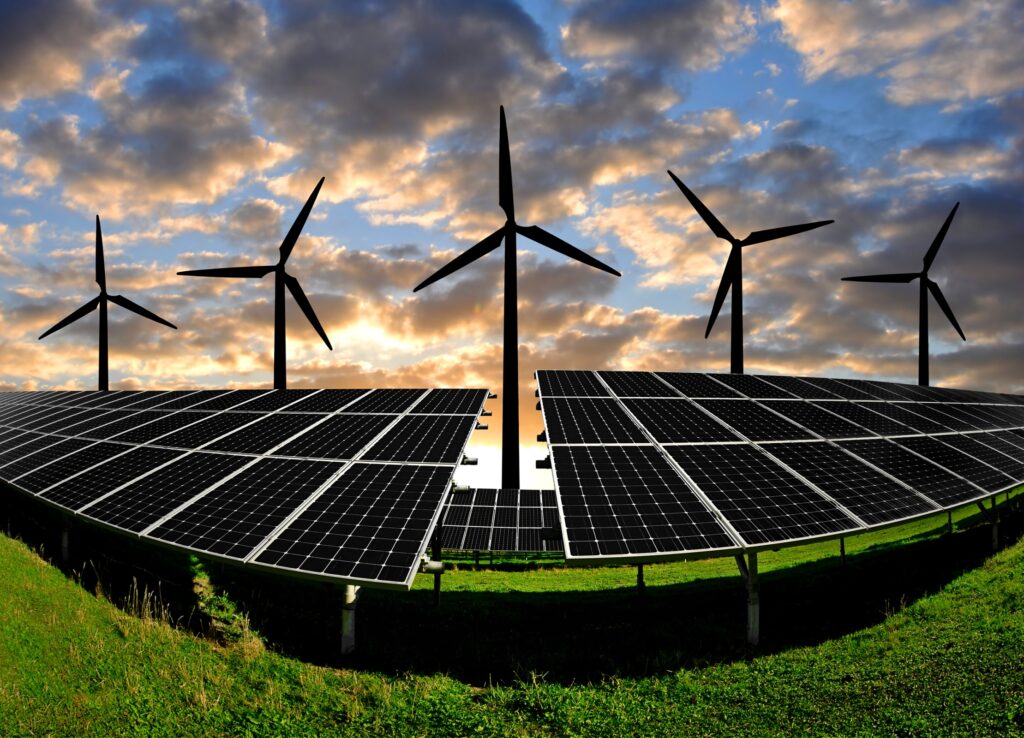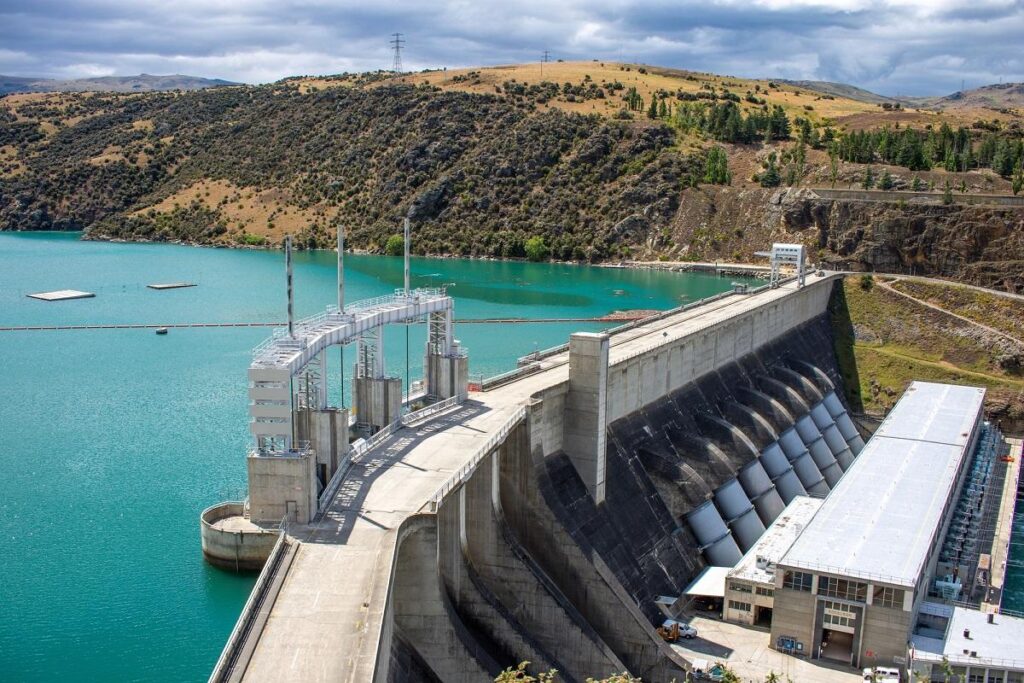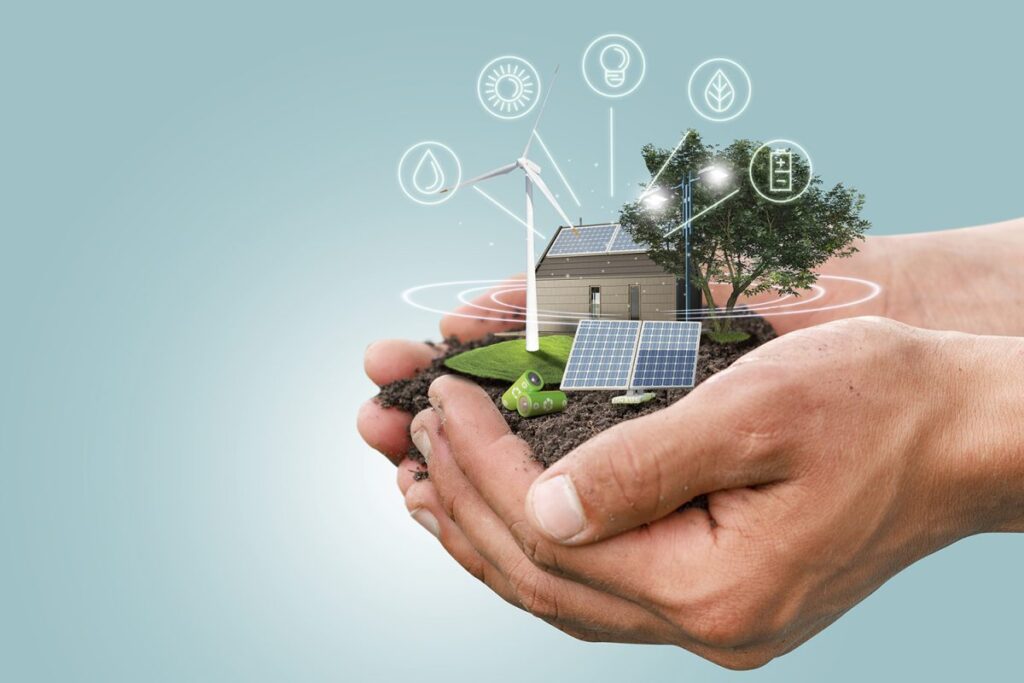
solar energy panels and wind turbine; Shutterstock ID 128794546; Unit:: redownload; Berater:: redownload; Kunde: : redownload; Job-Nr:: redownload
As the world faces the dual challenges of climate change and dwindling fossil fuel reserves, renewable energy emerges as a beacon of hope. By harnessing the power of natural resources, renewable energy offers a path to a sustainable and resilient energy future. This article explores the various forms of renewable energy, their benefits, and their role in shaping a greener world.
Renewable energy is derived from natural processes that are continuously replenished. Unlike fossil fuels, which are finite and contribute to environmental degradation, renewable energy sources are abundant and have minimal negative impact on the environment. The major types of renewable energy include solar, wind, hydropower, geothermal, biomass, and ocean energy.
Solar energy is captured through photovoltaic cells or solar thermal systems, converting sunlight into electricity or heat. It has rapidly grown due to decreasing costs and widespread applicability. Wind energy, on the other hand, is harnessed by wind turbines that capture the kinetic energy of wind to generate electricity. Wind farms can be located onshore or offshore, with offshore farms often yielding particularly high energy outputs.

Hydropower utilizes the energy of flowing water to generate electricity through turbines. While large-scale dams have traditionally been used, smaller-scale hydro projects and run-of-river systems are emerging as more environmentally friendly alternatives. Geothermal energy exploits the heat stored beneath the Earth’s surface, converting it into electricity through geothermal power plants. Additionally, geothermal systems can provide direct heating for buildings.
Biomass energy comes from organic materials, such as plant and animal waste. When these materials are burned or processed, they release energy that can be converted into heat or electricity. Ocean energy, which includes tidal, wave, and ocean thermal energy, is still in experimental stages but holds significant potential due to the vast and predictable nature of ocean currents and tides.
Renewable energy offers numerous advantages over conventional fossil fuels. It produces little to no greenhouse gases or pollutants, contributing to cleaner air and water. Reducing reliance on fossil fuels helps mitigate climate change and protect biodiversity. Additionally, diversifying energy sources decreases dependence on imported fuels, enhancing national energy security. Local renewable resources can create a more resilient and self-sufficient energy grid.
The renewable energy sector also drives economic growth by creating jobs in manufacturing, installation, and maintenance. Investments in renewables often lead to lower energy costs over time. Moreover, renewable energy supports sustainable development by meeting current energy needs without compromising the ability of future generations to meet theirs, contributing to global goals like the United Nations Sustainable Development Goals (SDGs).

However, transitioning to renewable energy is not without challenges. One major issue is intermittency; sources like solar and wind are variable. Developing advanced energy storage solutions, such as batteries and pumped hydro storage, is crucial for balancing supply and demand. Upgrading existing energy infrastructure to accommodate renewable sources requires significant investment. Smart grids and improved transmission networks are essential for integrating diverse energy sources efficiently.
Sustainable management of resources is also necessary to prevent potential negative impacts on ecosystems and local communities, especially with large-scale projects. Despite these challenges, the future of renewable energy is promising, driven by technological advancements and supportive policies. Innovations in energy storage, grid management, and resource efficiency are paving the way for a cleaner and more sustainable energy landscape.
Governments, businesses, and individuals all play a role in this transition by supporting renewable projects, adopting energy-efficient practices, and advocating for policies that promote sustainability. Renewable energy represents not only a solution to the environmental crises we face but also an opportunity for a more equitable and prosperous future. By embracing and investing in renewable technologies, we can power a sustainable tomorrow and ensure a healthier planet for generations to come.





